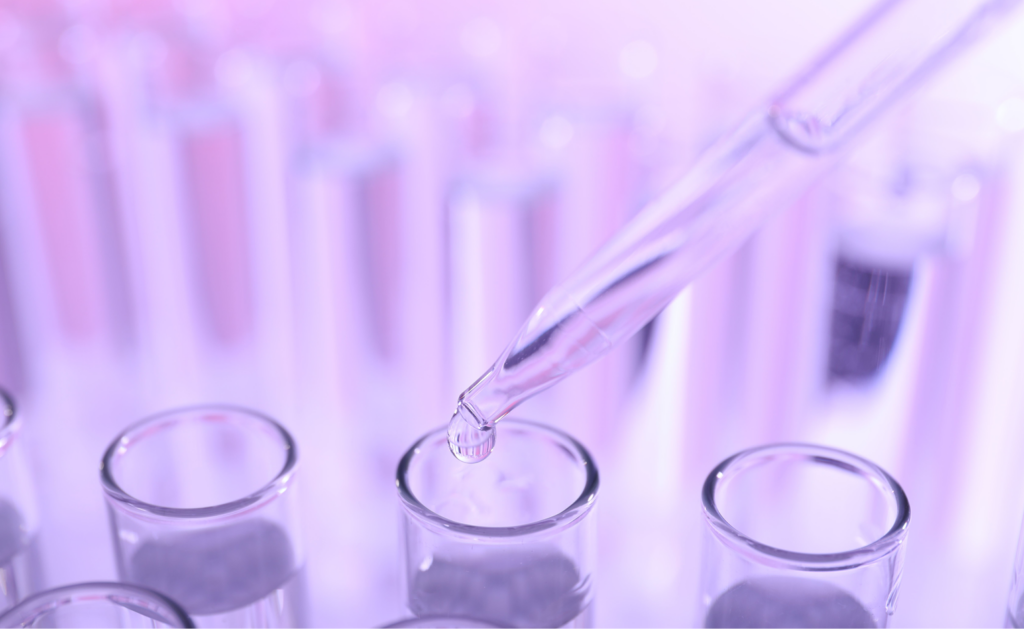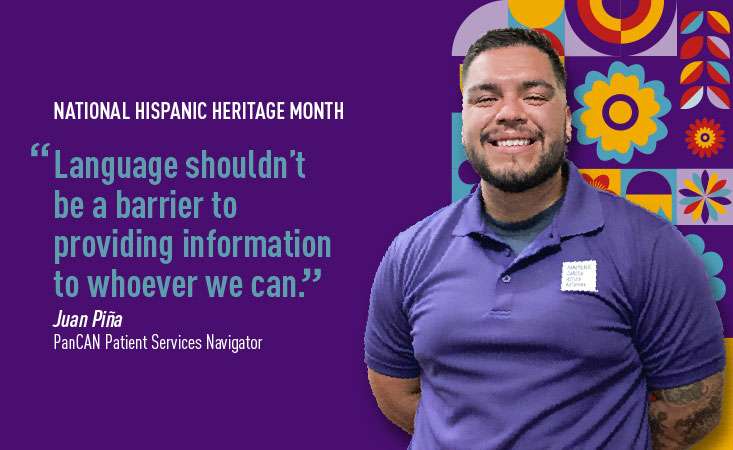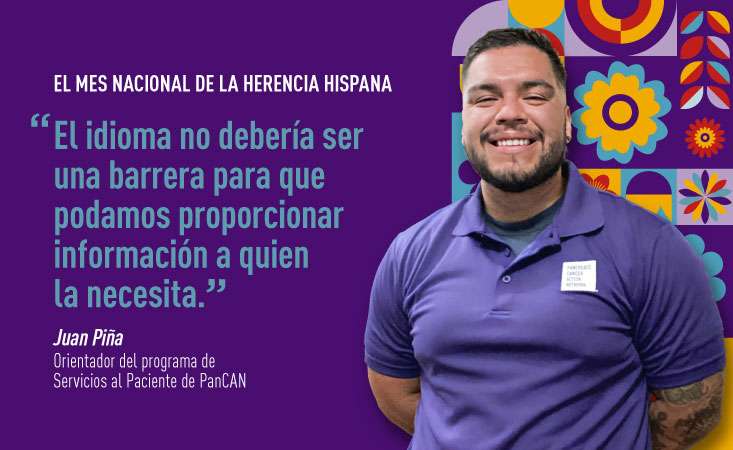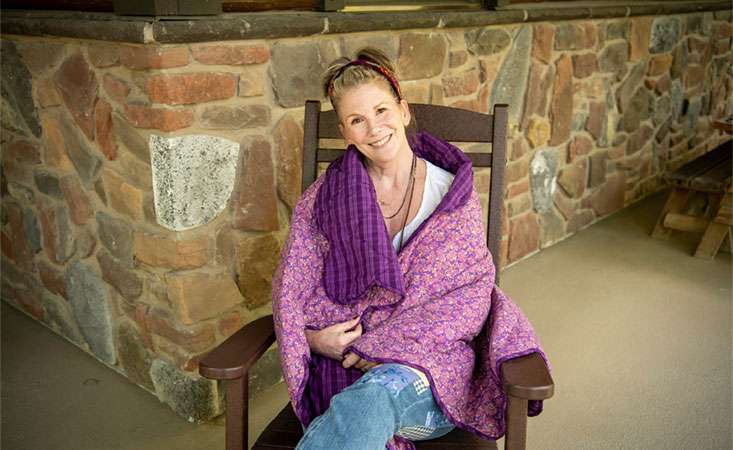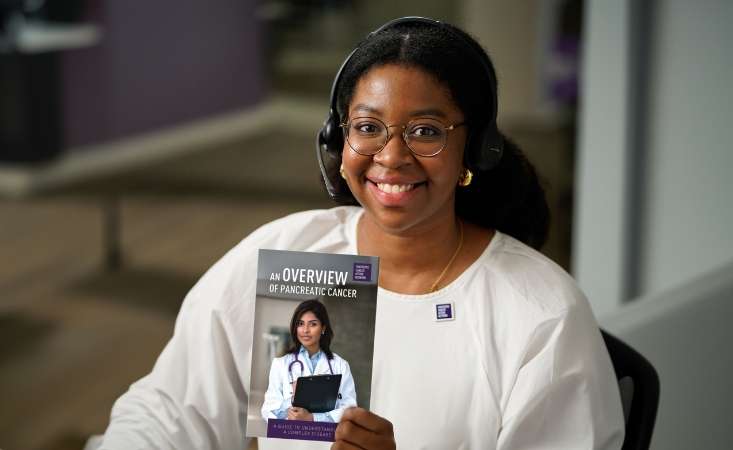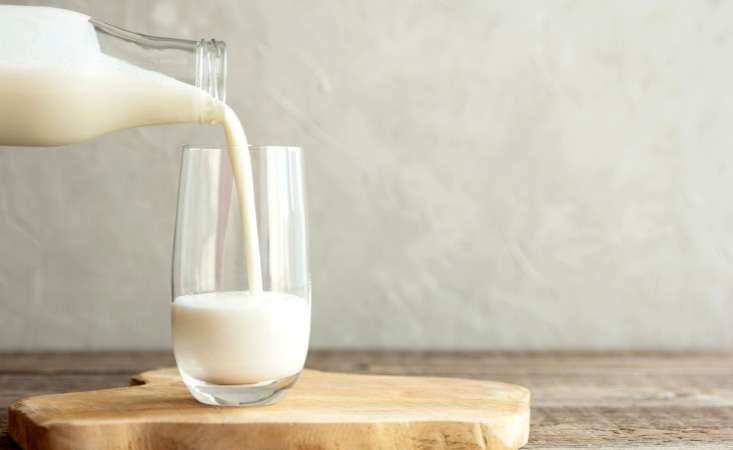
Editor’s note: In honor of World Milk Day on June 1, we wanted to delve into the benefits of milk for pancreatic cancer patients, as well as when patients may want to avoid the beneficial beverage and options they can choose instead.
“Milk. It does a body good.”
But is it good for pancreatic cancer patients?
And what if you can’t tolerate cow’s milk? Oat, coconut, almond, soy, cashew – there are so many dairy-free alternatives on the market. What are their benefits? Which one should you choose?
We checked in with Lauren Clanet, RD, LDN, a dietitian specialized in oncology nutrition, about milk and its alternatives.
Benefits of Milk for Pancreatic Cancer Patients
Milk offers many nutritional benefits, especially for patients who need to get protein or calories in their diet.
“You can easily sip a glass alongside a meal or add milk to smoothies, soups and cereals to help boost your calorie and protein intake,” Clanet says.
The higher the fat content of milk, the more calories it has. So if you need to increase calorie intake, opting for whole milk will get you more than 2%, and 2% will get you more calories than skim milk.
In addition to being a good source of calories and protein – an eight-ounce glass provides about eight grams of protein – Clanet says milk is also a great source of:
- Calcium
- Phosphorus
- Vitamin B12
- Vitamin D (if fortified into the milk)
And what about organic milk? According to Maria Petzel, senior clinical dietitian for the Pancreas Surgery Program at MD Anderson Cancer Center and an emeritus member of PanCAN’s Scientific and Medical Advisory Board, it’s not clear whether organic milk is more nutritious. But animals that are fed a healthier diet (grass-fed) produce milk with better omega-3 fat content.
Dairy-free Alternatives and Other Options
Milk might bother patients who have diarrhea or gastrointestinal distress as well as those who are lactose intolerant. “If this is the case for you,” Clanet says, “opt for a lactose-free milk or a dairy-free alternative such as soy milk. Also consider a lower-fat milk, such as 1% or skim, as these may be better tolerated.”
According to Clanet, there are still options for people who are lactose intolerant to drink cow’s milk.
If you are lactose intolerant, your body might not be making enough lactase – the enzyme our bodies make to help digest lactose, which occurs naturally in cow’s milk. One option to address this is lactose-free milk, which has lactase added to the milk to help break down the lactose. You can also consider drinking regular cow’s milk and taking a lactose enzyme supplement, like Lactaid®, along with it. Most grocery stores carry lactose-free milk, and lactose enzyme supplements are available over the counter at pharmacies.
“If you want to avoid cow’s milk completely, consider soy milk, as its calories and protein are similar to skim milk,” Clanet says.
It’s important to note that the nutrition of dairy-free alternatives is very different from that of cow’s milk, so you won’t get the same benefits. Coconut milk has a varying amount of calories depending on how much fat is in the product, and there is little to no protein in it. Almond and oat milk are also popular dairy-free options, but they are low in calories and also don’t have much – if any – protein. This means they may not meet the same nutritional needs for pancreatic cancer patients as cow’s milk will.
Adding Milk to Your Diet
Whether it’s cow’s milk or a dairy-free alternative that meets your nutritional needs, there are benefits and options for pancreatic cancer patients to drink milk.
And if you’re looking for some different ways to get some milk in your diet without drinking it straight, here are a few patient-friendly, nutrition-packed recipes featuring the beverage that can be adapted to use a lactose-free or dairy-free alternative if needed:
Consult with a dietitian for suggestions and guidance tailored to your needs.





